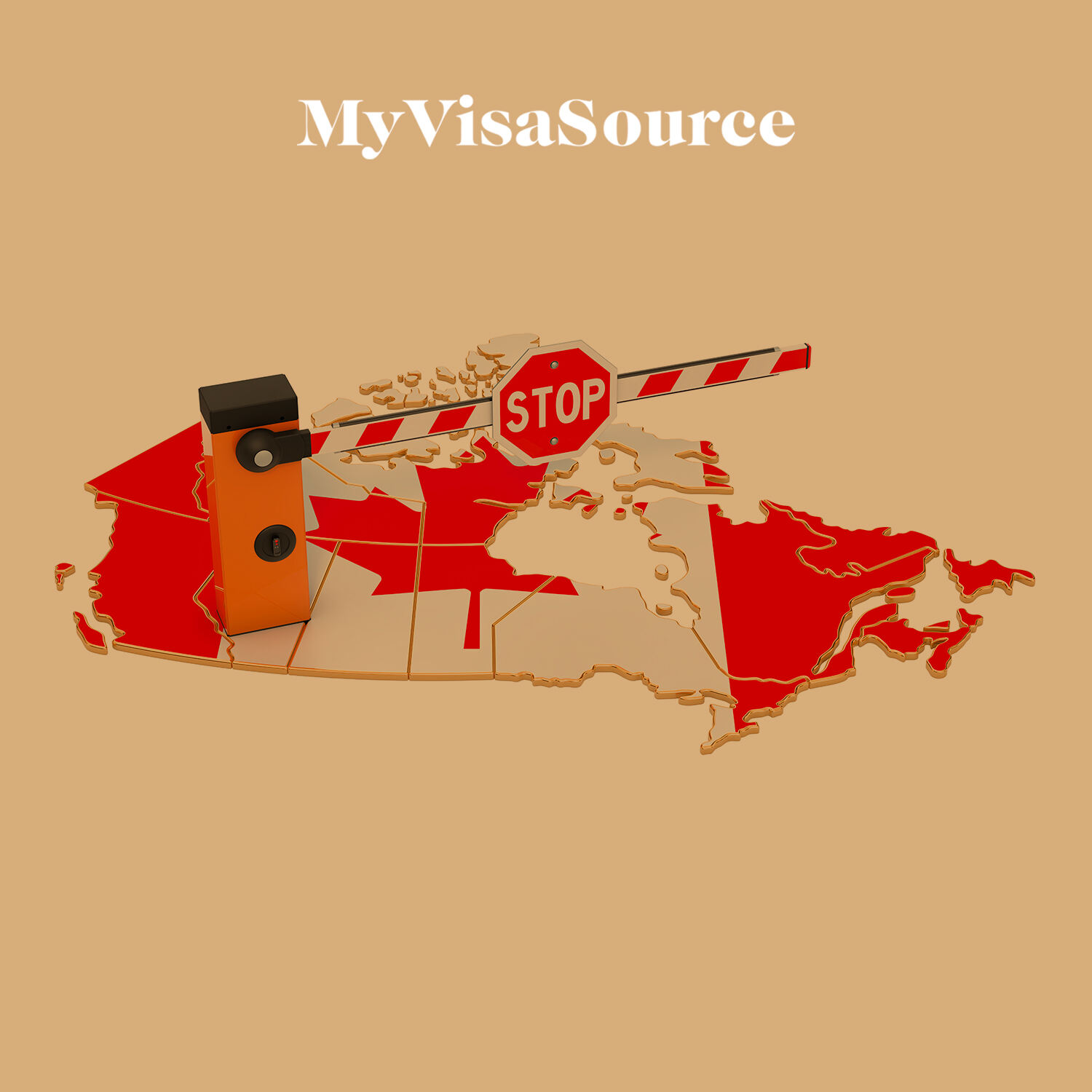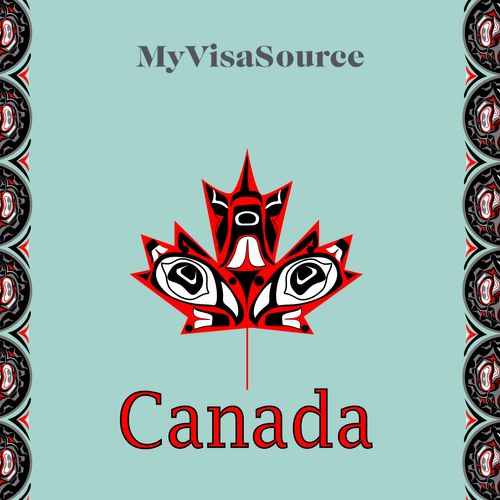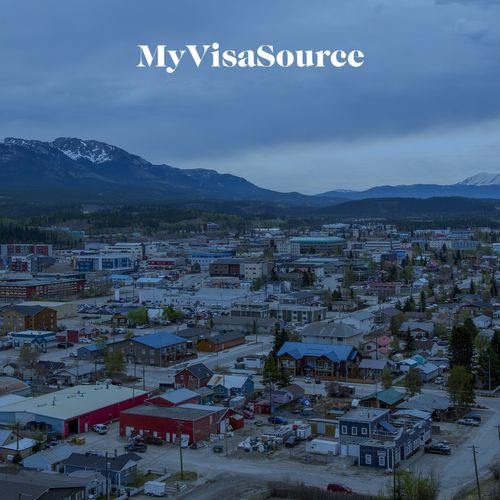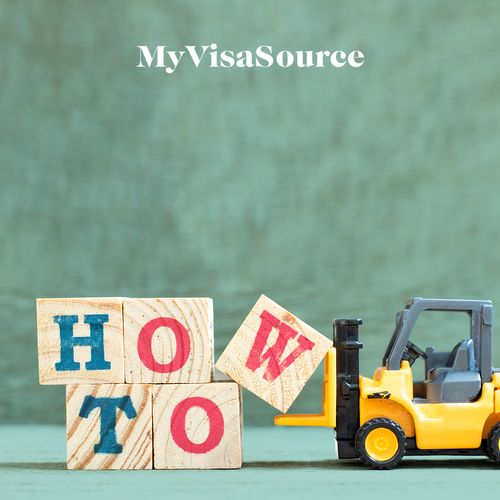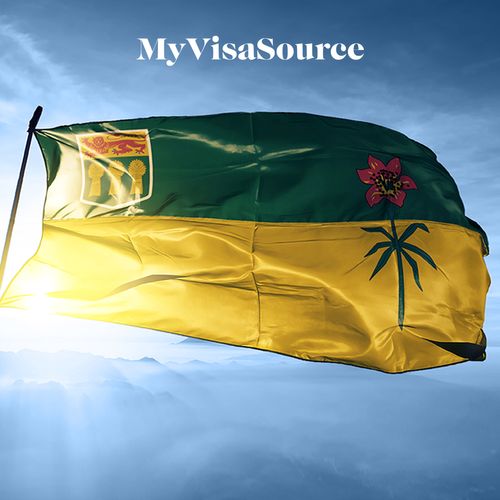It is unclear when Canada will open its border completely to foreign nationals. There have been several travel restrictions put in place to stop the spread of the Covid-19 virus in Canada. However, as the vaccination drive began, many expected Canadian immigration to go back to normal in a few months. The decision of opening borders depends on various factors. Therefore, it is important to understand them all before we can make an educated guess on when the travel restrictions could be lifted.
What Does Open Borders Mean?
Border restrictions aren’t in place to completely stop the flow of people. They only control the level of people allowed to enter or leave the country. It is important to understand that Canada never completely closed off its borders even during the pandemic. Only the level of travelers was decreased. As the Covid-19 infection rate decreases, it is only natural to expect the flow of immigration to increase. However, it is not that simple, immigration levels will recover slowly as travel restrictions are lifted by the government based on the pandemic situation all around the world.
It is expected that approved permanent residents will be first allowed to enter and fully vaccinated immigrants will be allowed as vaccination drives catch up in other countries. Until then, the border situation is expected to function differently compared to before the pandemic.
How Does the Vaccination Drive Affect Border Restrictions?
Vaccines are the only effective way to deal with this pandemic. Although criticized for its slow pace in the beginning, the Canadian vaccination drive crossed 300,000 daily vaccinations multiple times throughout April.
Gradually, Canada will have all willing adults vaccinated. The Canadian government has approved the administration of 4 different vaccines: Pfizer-BioNTech, Moderna, Oxford-AstraZeneca, and Johnson & Johnson. Since there are no domestic vaccination production facilities, Canada has to rely on internationally sourced vaccines. The delivery of vaccines from abroad has caused the initial slowdown in the rollout of vaccines. But it has since accelerated after mid-February.
Even if the Canadian population is vaccinated and the risk of Covid-19 is reduced, travel restrictions will remain in question based on the situation of the pandemic in the rest of the world. At least 30% of the Canadian population has been vaccinated as of April 28, however, the risk of a third wave is still very possible. Covid-19 infections have been rising in many provinces forcing them to reimpose certain restrictions and lockdowns. For example, Quebec has announced a lockdown in several regions with high rates of infections while British Columbia has implemented a new “circuit-breaker” restriction.
Another possibility is that these travel restrictions are lifted based on proof of vaccination. As vaccination is rolled out in other countries, Canada may ask for proof of Covid-19 vaccination for entry into the country.
Will Canada Use Proof of Vaccination to Open Borders?
Many countries around the world are debating whether to use ‘Vaccine Passports’ to facilitate international travel. Vaccine passports will require the holder to have proof of vaccination if they wish to travel to another country.
The World Health Organization (WHO) has strongly advised against the use of such passports since vaccination does not reduce the risk of transmission. However, many domestic politicians are in favor of such a requirement. Speaking to the press on April 27, Prime Minister Justin Trudeau also suggested that his government is expecting to require proof of vaccination as it is only natural during a pandemic to expect vaccination. However, the way this policy will be rolled out and implemented is still in consideration. How vaccinations affect the risk of transmission is still being monitored, therefore, this decision will be based on the data collected in the coming months.
The requirement for a negative Covid-19 test to travel to Canada is still in effect. People traveling by air will be required to undergo three separate Covid-19 screening tests. One before boarding, one after departure and one after the 10th day of their mandatory 14-day quarantine period.





